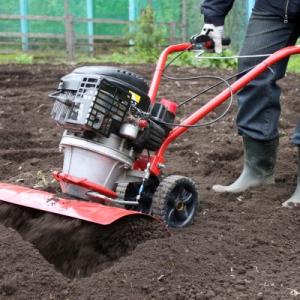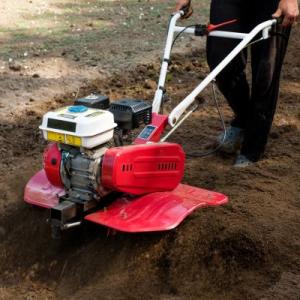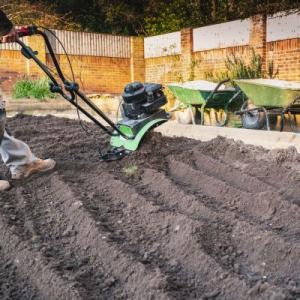Tilling: Tucson
Tilling in Tucson
Get help with Tilling in Tucson. Fill out the form above and we will connect you with local Tucson pros. Tilling is a valuable service that can greatly enhance your outdoor space. By opting for tilling, you can effectively prepare your soil for planting, ensuring optimal growth and yield for your plants. Tilling helps to break up compacted soil, allowing for better water drainage and root penetration. This process also helps to eliminate weeds and unwanted vegetation, providing a clean canvas for your gardening endeavors. Additionally, tilling promotes soil aeration, which enhances nutrient absorption and promotes healthier plant growth. With tilling, you can create a fertile and conducive environment for your plants to thrive, leading to a more beautiful and productive garden.Tilling FAQ
Q: What Are The Benefits Of Tilling My Garden Or Landscape?
Answer: Tilling your garden or landscape offers several benefits, including improved soil aeration, enhanced nutrient absorption, weed control, and easier planting and harvesting.Q: How Often Should I Till My Soil?
Answer: The frequency of tilling soil depends on various factors such as soil type, climate, and specific gardening needs. In general, it is recommended to till the soil once or twice a year, preferably in spring and fall, to ensure proper aeration, weed control, and nutrient distribution. However, excessive tilling can disrupt the soil structure and beneficial microorganisms, so it's important to strike a balance and assess the condition of your soil before deciding how often to till.Q: What Are Some Common Mistakes To Avoid When Tilling?
Answer: Some common mistakes to avoid when tilling include over-tilling the soil, tilling when the soil is too wet, tilling too deeply, and not properly preparing the soil before tilling.Q: Are There Any Alternatives To Traditional Tilling Methods?
Answer: Yes, there are alternatives to traditional tilling methods. Some of the alternatives include no-till farming, minimum tillage, strip-till, and conservation tillage. These methods aim to reduce soil disturbance, preserve soil structure, and minimize erosion while still promoting healthy plant growth.Tilling is a common agricultural practice that involves turning and loosening the soil in preparation for planting. It is typically done with the use of a tool called a tiller or a tractor-mounted implement known as a rotary tiller. Tilling helps to break up compacted soil, remove weeds, and mix organic matter into the soil, promoting better drainage and aeration. This process also helps to create a favorable seedbed for planting crops or establishing a new lawn. Tilling is often performed in the spring or fall, depending on the specific needs of the soil and the planned planting schedule. Farmers, gardeners, and landscapers frequently employ tilling as a fundamental step in soil preparation, ensuring optimal conditions for successful plant growth.



